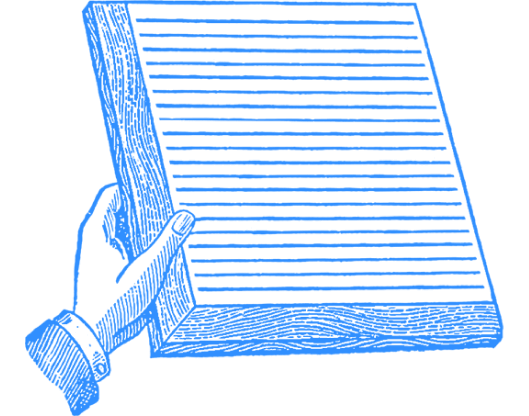
The House bill would add $239 billion to the federal budget deficit over the coming decade, according to Congressional Budget Office (CBO) projections. That’s bad enough, coming as it would on top of the $11 trillion in deficits that are already expected to occur over the period 2009 to 2019 under the Obama budget plan.
But that’s really just the beginning of it.
Yesterday, CBO confirmed that the House bill would do even more fiscal damage in its second ten years. Here’s the crucial paragraph, from a letter sent by CBO director Doug Elmendorf to the four Ranking Republicans on the key House committees:
The net cost of the coverage provisions would be growing at a rate of more than 8 percent per year in nominal terms between 2017 and 2019; we would anticipate a similar trend in the subsequent decade. The reductions in direct spending would also be larger in the second decade than in the first, and they would represent an increasing share of spending on Medicare over that period; however, they would be much smaller at the end of the 10-year budget window than the cost of the coverage provisions, so they would not be likely to keep pace in dollar terms with the rising cost of the coverage expansion. Revenue from the surcharge on high-income individuals would be growing at about 5 percent per year in nominal terms between 2017 and 2019; that component would continue to grow at a slower rate than the cost of the coverage expansion in the following decade. In sum, relative to current law, the proposal would probably generate substantial increases in federal budget deficits during the decade beyond the current 10-year-budget window.
That really should do it. The Blue Dogs are in this fight, in part, because of their stated concerns over growing budget deficits and unaffordable entitlements. The president reiterated again last week that he is determined to sign a bill that slows the pace of rising costs and improves our long-term fiscal outlook.
Well, here’s a bill that would go in exactly the opposite direction from what the authors say is their objective, according to CBO. It would add a third runaway health care entitlement program to the two already on the books (Medicare and Medicaid) with no prospect in sight that spending on any of them will ever come in line with the government’s revenue base. A back-of-the-envelope estimate indicates the House bill would run up a cumulative federal budget deficit of at least $700 billion in its second ten years, and possibly much more. That’s on top of budget deficits that are already unsustainable and that will put the American economy at considerable risk of crippling interest rates or hyper-inflation.
This is not a close call. The Democrats have no choice. For the sake of the country, they have to go back to the drawing board and work with Republicans on something much more sensible.
[To read the NRO symposium on ObamaCare in which this post originally appeared, with Newt Gingrich, David Gratzer, and Amy Menefee, click here.]
